We were lucky to catch up with Claire Wimer and Rachel Bond N/a recently and have shared our conversation below.
Hi Claire Wimer and Rachel Bond, thanks for joining us today. Can you open up about a risk you’ve taken – what it was like taking that risk, why you took the risk and how it turned out?
Starting a business is always a risk! Rachel and I both had full time agency jobs before starting private practice. I started my practice in 2016 after graduation, but it was always very part time while working full time elsewhere. Most of my agency work involved kids in the foster care system and the families who fostered them. Rachel worked within medical communities, first with in-patient teens and their families, and later with individuals at an integrated primary care office. I made the leap to full time practice in January of 2020. It was a difficult decision to leave behind guaranteed hours and steady paychecks, not to mention someone else doing all the behind the scenes admin parts for me. However, it was time to pick one path or the other, and choosing private practice meant setting my own schedule, being more specific about the types of clients I wanted to work with, and more time with my family, Rachel started building her private clients up and hit that same threshold a few months later. Rachel was in search of many of the same things in terms of being her own boss and achieving a better balance between work and family. Rachel and I met each other through my sister in law, Kati, but had not spent much time together socially and had zero professional overlap. When I heard Rachel was looking to leave her full time job and build up her private client base, I was so excited for her! I reached out to her and we started talking a bit back and forth about the transition and what advice I had for her, etc. and before I knew it I was asking her if she wanted to join under The Green Room Practice umbrella. I had no idea if she would be interested in partnering up, but I was eager to have a colleague. Lucky for me, Rachel is very open to new ideas and said yes almost immediately! It’s been an incredible partnership ever since.
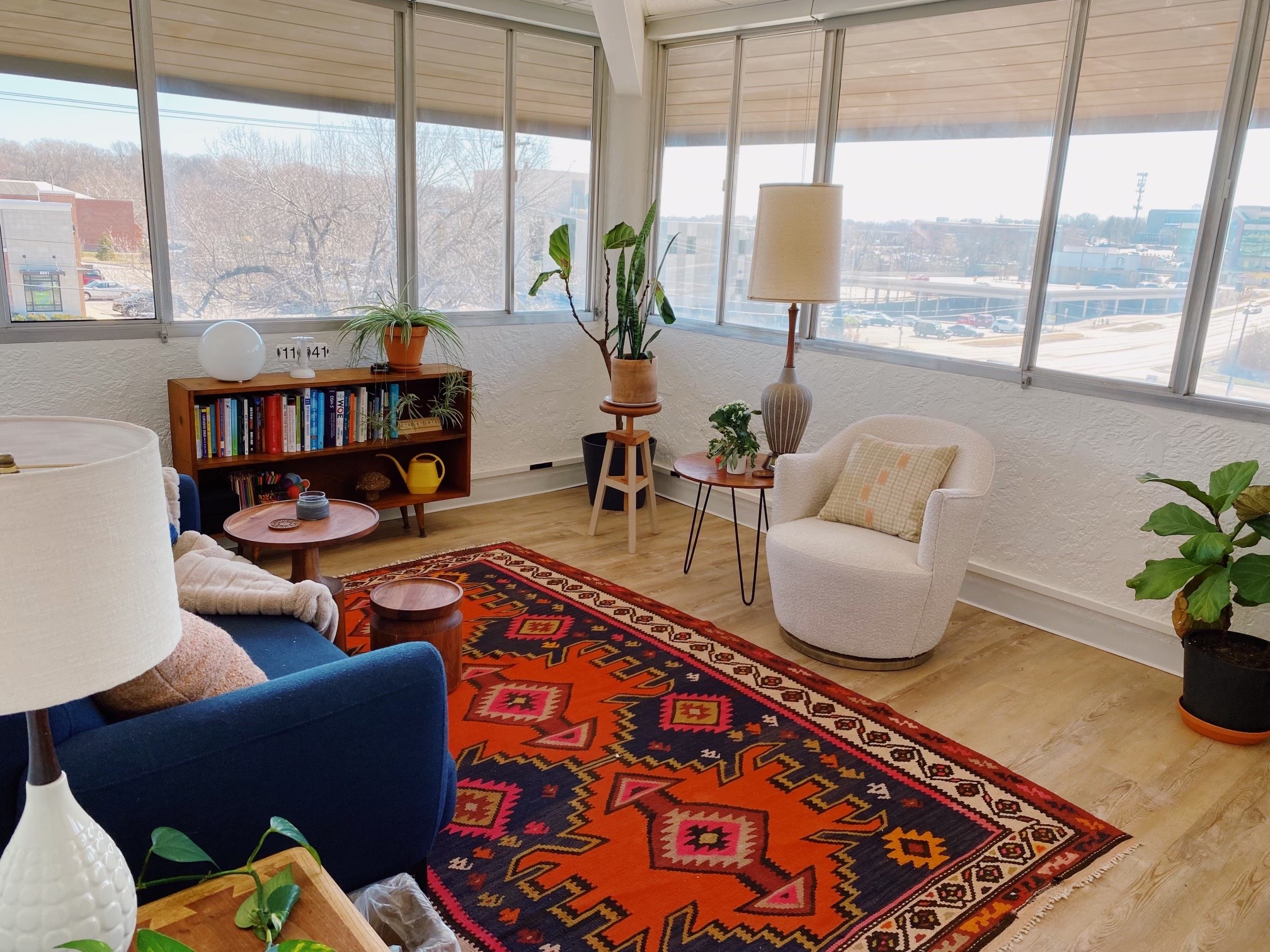
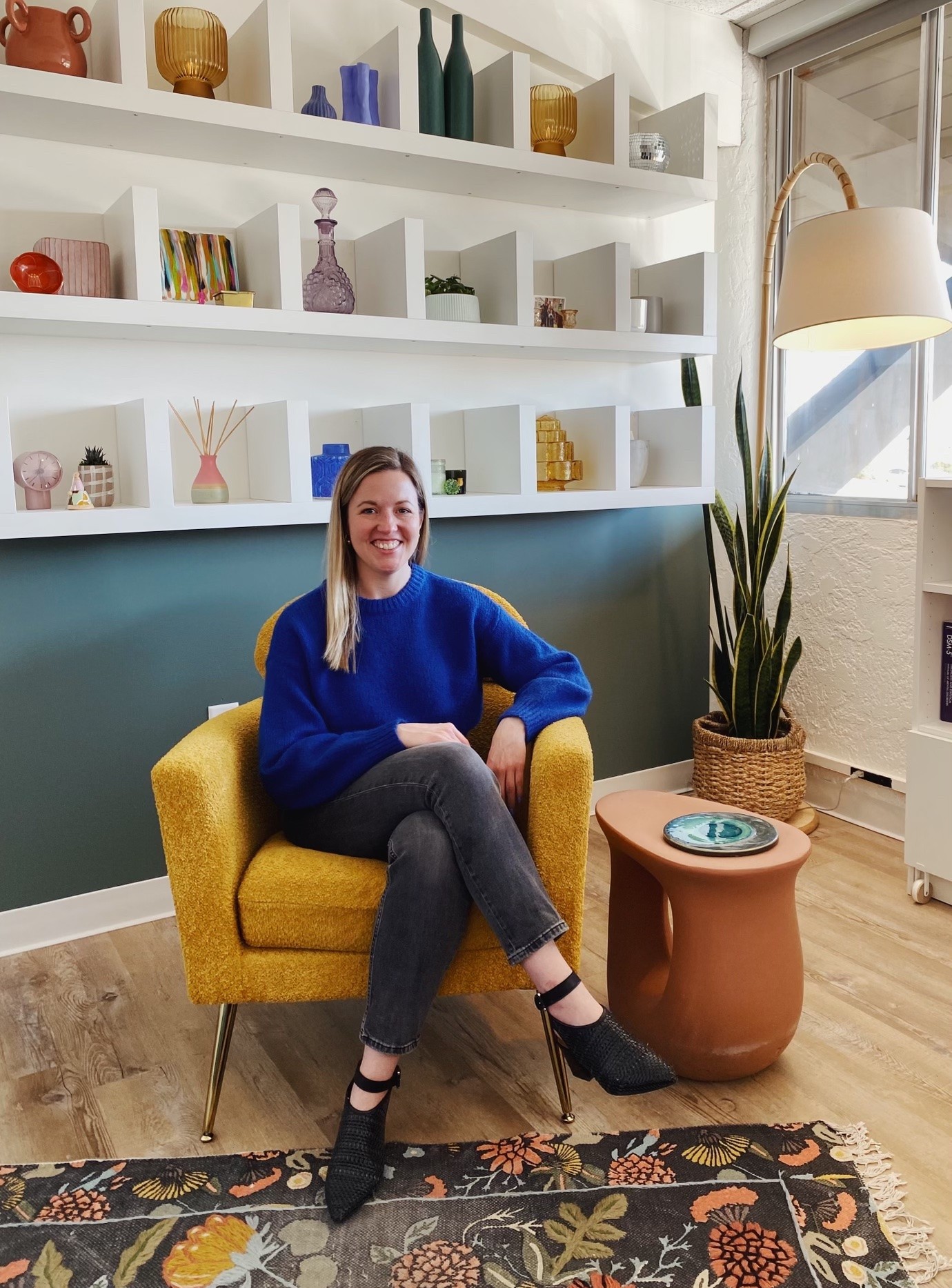
As always, we appreciate you sharing your insights and we’ve got a few more questions for you, but before we get to all of that can you take a minute to introduce yourself and give our readers some of your back background and context?
Rachel: My career journey has been a perpetual exploration of my curiosities. Setting foot in college without a clear vision of my future, I simply enrolled in classes that sparked my interest. Taking my first sociology class, I became enthralled with the study of human behavior and its impact on larger social structures. Throughout my undergraduate studies, where I decided to pursue a double major in sociology and urban studies, I grew to realize that I didn’t want to merely study societies; I wanted to be part of a field actively influencing and changing structures. This realization led me to pursue my Master’s in Social Work. During my graduate coursework and practicum experiences, I unexpectedly discovered a passion for the dynamic and relational work of psychotherapy, marking the beginning of my career as a therapist. Being a therapist allows me to remain a perpetual student, which brings me delight! I am privileged to learn from each client I encounter, as each one brings their own wisdom, unique history, life experiences, and personality. Furthermore, I am continuously enriched by the evolving body of knowledge, research, and techniques within the field. In my practice, I’ve found myself drawn to mind-body somatic techniques, particularly Somatic Experiencing and EMDR. Witnessing the profound transformations that occur when clients connect their emotional and physical selves continues to fill me with a sense of discovery and optimism. I love witnessing clients find their own individual path towards more peace and well-being.
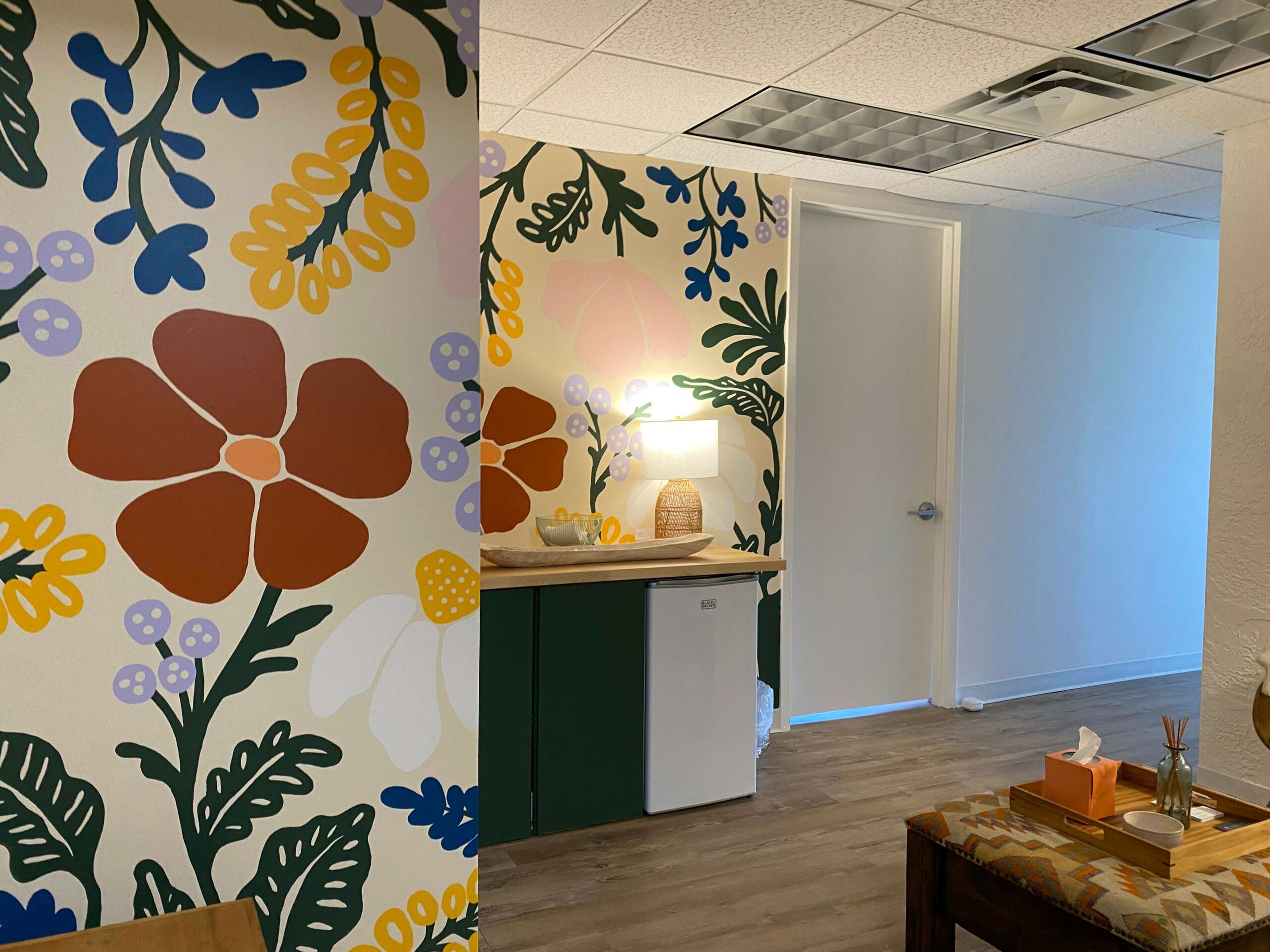
Putting training and knowledge aside, what else do you think really matters in terms of succeeding in your field?
Claire: Embracing personal strengths, preferences, and quirks is a huge part of being successful as a therapist. By nature, I am more of an observer than a participant in most settings. I am far more likely to be found in the back of a room or a calm corner just taking things in. Getting to know myself means I need to expand my comfort zone and spend more time in a participant role in order to learn and trust that I have enough instinct, enough personality, and enough knowledge to be in the mix rather than always defaulting to the background. It’s a work in progress, but gaining confidence in the unique strengths and perspectives I bring the to the table allows me to be more present with everyone in my life, but in particular with my clients. Staying out of my own head means I am focused on my client’s experiences and honoring their instincts, their personalities, and their knowledge.
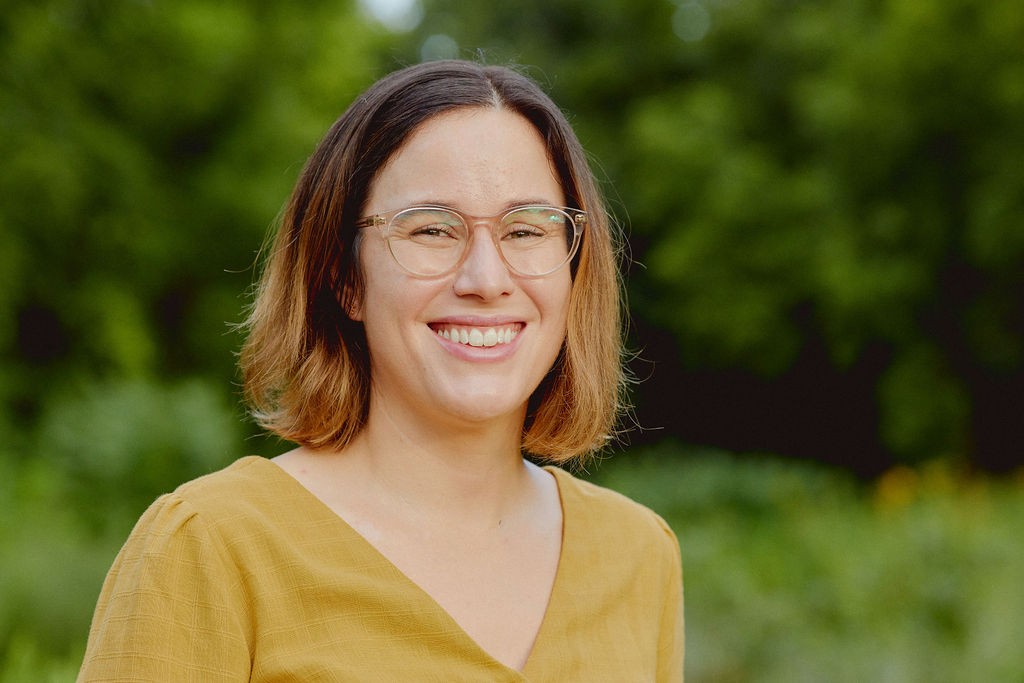
Do you think you’d choose a different profession or specialty if you were starting now?
Rachel: I think there are plenty of different professional paths I could have explored, and I would have found equal contentment with them. There are times when I am curious about what alternative paths would have been like, as I don’t believe there is just one route to a fulfilling life. However, I feel really grateful to be in this field; one that allows me to do meaningful work, form authentic connections, and exercise creativity. Additionally, I appreciate having the flexibility and space to prioritize aspects of the life beyond my career. I think these are key values that drew me to the field, but I would have sought them out on any career path I landed on.
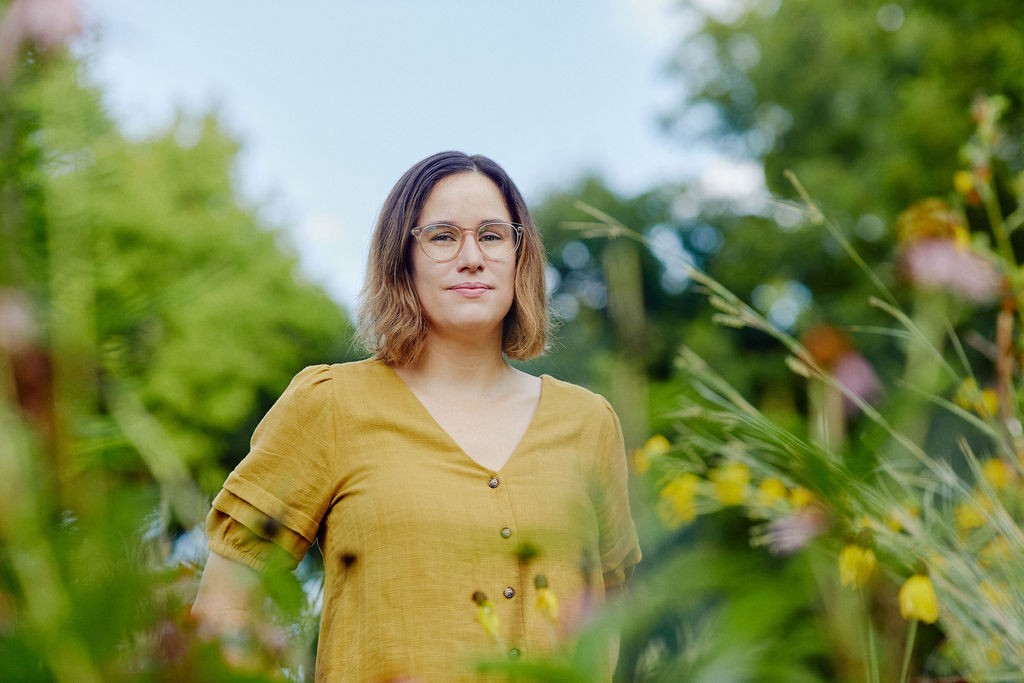
Contact Info:
- Website: https://thegreenroompractice.com/
Image Credits
Carlos Lima, Laura Wimer Jewell


